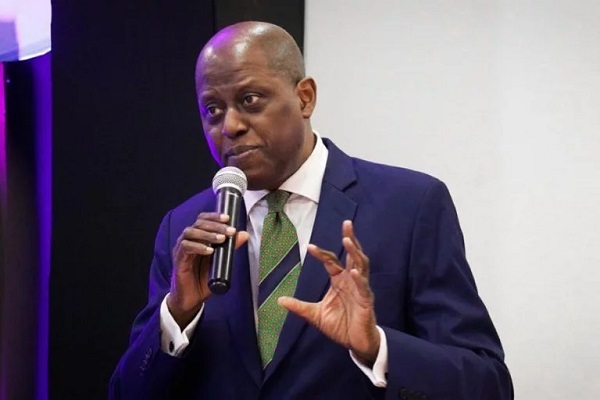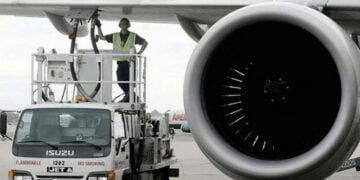With inflation on a second consecutive decline, and many central banks across the globe cutting rates, the Monetary Policy Committee (MPC) of the Central Bank of Nigeria (CBN) is expected to maintain status quo, leaving the benchmark interest rate unchanged for the first time this year.
The Federal Open Market Committee (FOMC) of the United States apex bank had voted to cut rate by 50 basis points to 4.75 per cent, the first time it would be doing so since March 2020 with prospects of further rate cut before the end of the year. Also, the governing council of the European central bank had voted to ease deposit lending while the Bank of England maintained rates after a cut in August.
Back home, inflation, which had been on a steady rise since December 2022 to 34.19 per cent in June recorded declines in July and August to 33.4 and 32.15 per cents respectively. Year on year headline inflation had slowed by a faster pace of 125 basis points in August compared to 80 basis points in July even as food inflation slowed for the second consecutive month to 37.52 per cent partially due to improved food supplies induced by the harvest season.
As the MPC meets this Monday September 23 and Tuesday, 24, analysts believe the committee would keep rates unchanged whilst still cautious of the potential effect of the fuel price increase on prices of goods and services. According to analysts at Cordros Securities, the MPC is expected to tie the two month moderation in inflation to the tight monetary stance.
‘However, the committee is likely to express concern over the significant increase in fuel prices and its potential to exert upward pressure on inflation in the near term,’ some analysts believe.
The analysts believe the MPC faces a pivotal decision to either maintain current rates to allow previous hikes to fully impact or continue rate increases to reinforce gains from prior adjustments owing toe elevated inflation risks exacerbated by recent rise in PMS price.
The CBN, at the last meeting, signaled a dovish stance adjusting the asymmetric corridor to +500/-100bps around the MPR. Specifically, the CBN limited the standing deposit facility rate of 25.75 per cent on deposits of up to N3 billion with a fixed rate of 19 per cents on excess deposits, thus discouraging banks utilization of the window. As a result, fixed income yields have pared down over time.
Projecting a modest rise in inflation to 32.42 per cent in September due to the hike in fuel price, analysts at Afrinvest West Africa say, they expect a hold decision from the committee. The analysts opine that a rate cut would be premature while additional hike “should be off the card due to cost to consumption and production activities including government borrowings. On the back of these, we forecast a hold decision to allow the MPC evaluate the evolution of the macroeconomic dynamics and measure risks appropriately.”
With the Bank of England likely to implement a further reduction in benchmark interest rate at its November meeting, analysts at Cordros said, they expect the MPC to adopt a more optimistic view regarding potential capital inflows to emerging markets as declining global interest rates are likely to mitigate risk aversion and attract foreign investments.
Although there is a potential for inflation to rise based on impact of fuel costs on prices, the International Monetary Fund (IMF) had projected that inflation in the country would average 26 per cent.
Earlier this year, Division Chief, Research Department at IMF, Daniel Leigh, whilst commenting on the rising inflation in the country said, “yes, inflation has increased, part of this reflects the reforms, the exchange rate and it has passed from imports to other goods. This explains also why we revised our inflation projection for this year to 26 per cent.
“But with the tight monetary policies and the interest rate policy increase and significant interest rate, we see inflation declining to 23 per cent next year and then 18 per cent in 2026. So, it is in the right direction definitely.”





